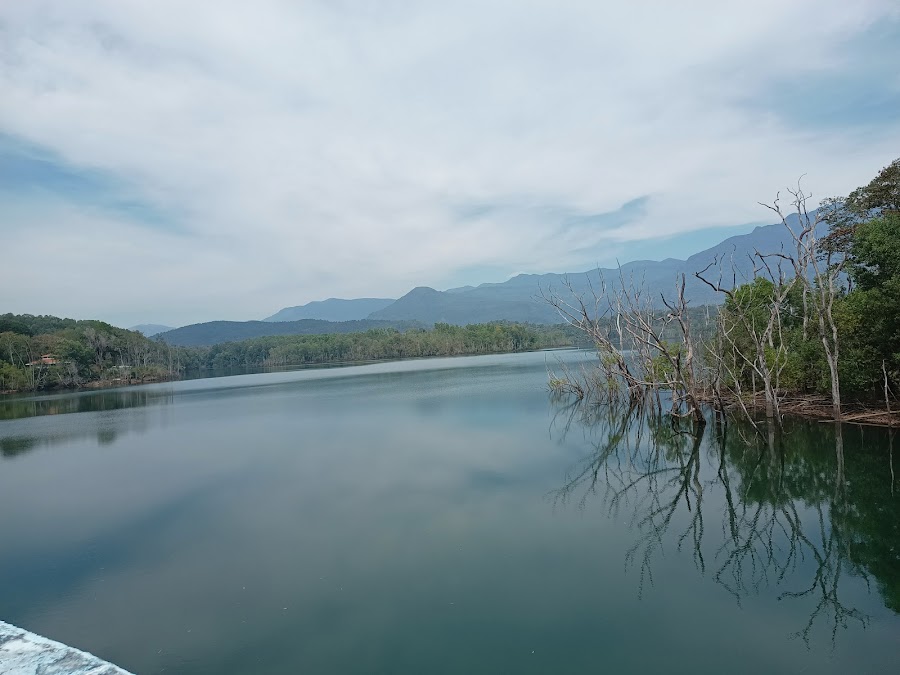
Peppara Wildlife Sanctuary
Ponmudi, India
- Birdwatching to spot endemic species.
- Enjoy the scenic beauty of the landscape.
- Trekking through the dense forest trails.
- Visit the Peppara Dam and reservoir.
- Wildlife photography to capture animals.
Known for:
Description:
Nestled in the Western Ghats near Ponmudi, Kerala, Peppara Wildlife Sanctuary is a haven for nature enthusiasts and wildlife lovers. Spanning 75 square kilometers, the sanctuary is characterized by its lush tropical forests, diverse flora and fauna, and the picturesque Peppara Dam reservoir. It's a fantastic spot for trekking, birdwatching, and simply immersing yourself in the tranquility of nature. The sanctuary is home to a variety of animals, including elephants, tigers, leopards, deer, and various species of reptiles and amphibians. The rich biodiversity makes it a must-visit destination for anyone seeking an escape from the hustle and bustle of city life. Remember to obtain necessary permits before entering the sanctuary and adhere to guidelines to protect the environment.
History:
The area now known as Peppara Wildlife Sanctuary was initially recognized for its rich biodiversity and ecological significance. The construction of the Peppara Dam in 1983 significantly altered the landscape, creating a large reservoir that became a crucial water source for the region. Recognizing the need to protect the surrounding forests and wildlife, the area was officially declared a sanctuary in 1983. Since its establishment, the sanctuary has played a vital role in conserving the region's unique flora and fauna. Efforts have been focused on habitat preservation, anti-poaching measures, and promoting eco-tourism to raise awareness about the importance of conservation. The sanctuary continues to be a subject of research and study, contributing to our understanding of the Western Ghats ecosystem.